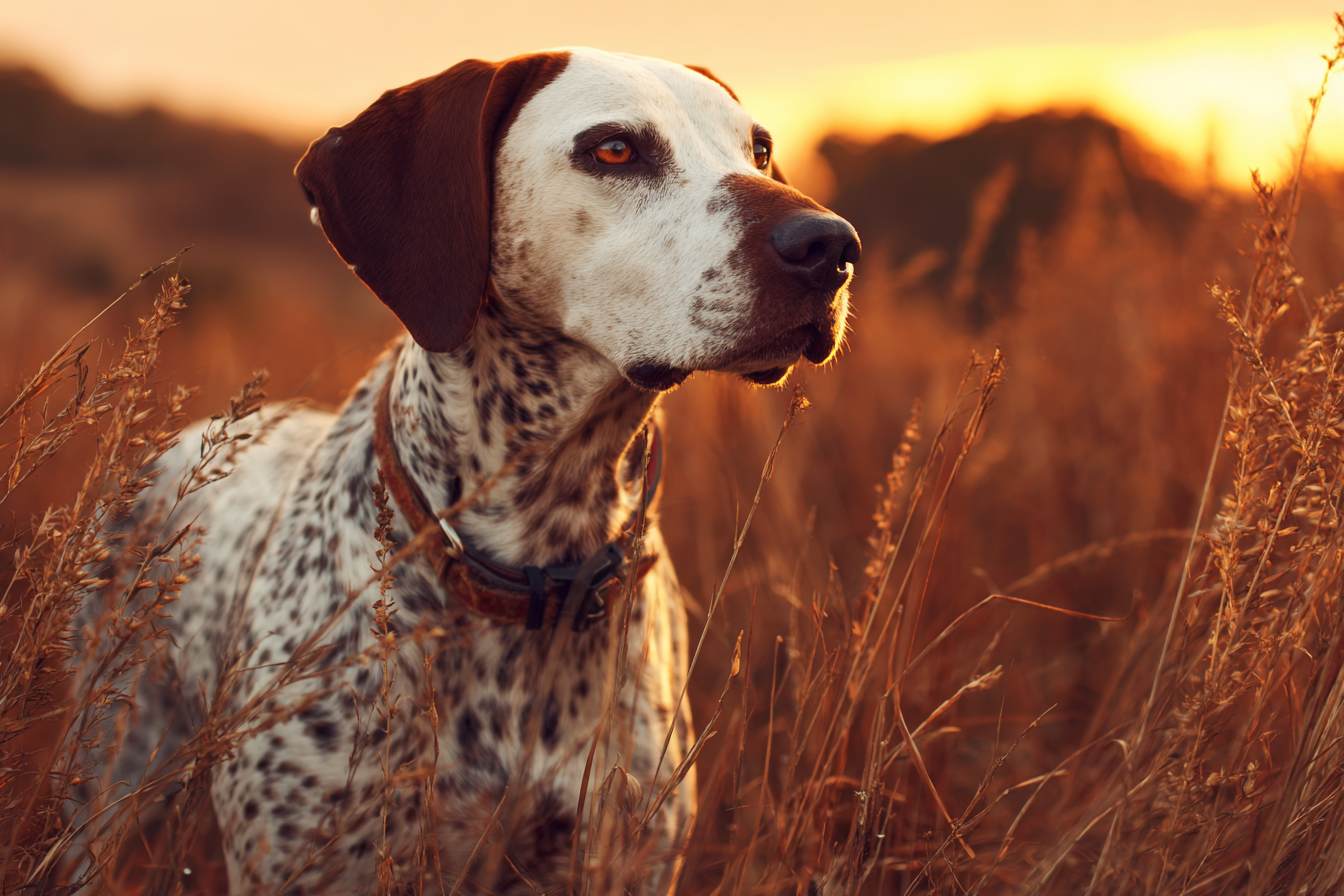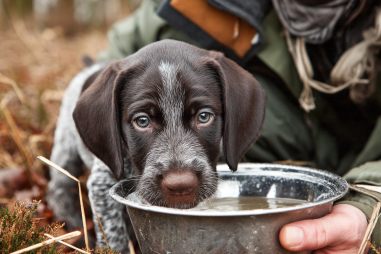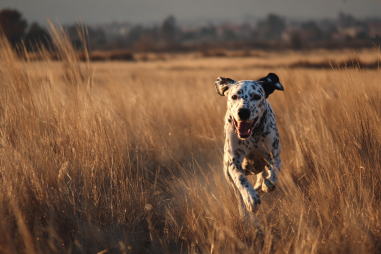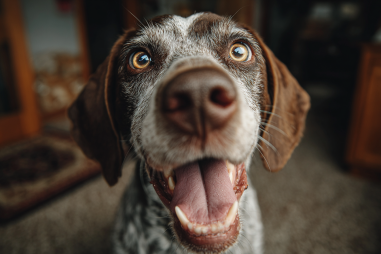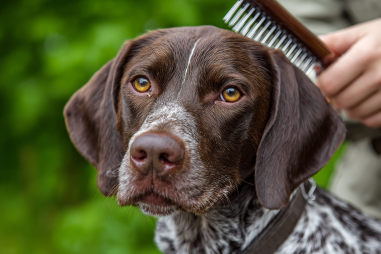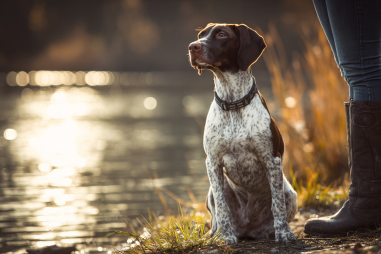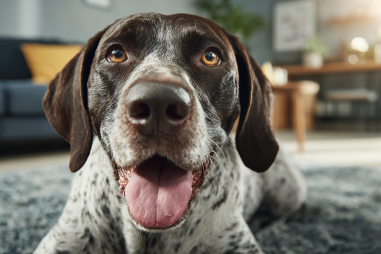Pointers are among the most admired hunting dogs, renowned for their keen senses and unrelenting dedication in the field. Their natural ability to locate and point game birds makes them invaluable companions for hunters. However, like any skill-based endeavor, these innate talents require nurturing and refinement through specialized training to truly excel. In this article, we will explore how to enhance your Pointer dog’s hunting skills using effective, professional training techniques that can transform their natural instincts into seasoned expertise.
Natural Hunting Instincts of Pointers
Pointers have been bred for centuries specifically to assist hunters by detecting and pointing at game birds with precision. Their natural instincts encompass acute eyesight, an extraordinary sense of smell, and the ability to move quietly and steadily across varied terrains. When a Pointer detects the scent of game, it instinctively “points” by freezing in place with one paw raised and the nose directed toward the bird’s location—alerting the hunter without disturbing the prey.
Understanding these innate behaviors is the foundation for effective training. These instincts can be enhanced through consistent practice and the right techniques to ensure the dog responds promptly and accurately in different hunting conditions. Early exposure to field environments also helps solidify these natural hunting traits.
Basic Hunting Commands and Training
Before heading into the field, it’s essential to establish clear communication between you and your Pointer. Basic hunting commands combine standard obedience training with hunting-specific cues, ensuring your dog listens under all conditions. Typical commands include:
- Heel: Keeps your dog close while walking.
- Sit and Stay: Useful for maintaining control near game or distractions.
- Fetch or Retrieve: For instructing the dog to retrieve birds after the hunt.
- Come: A reliable recall command to bring your dog back promptly.
Starting with these commands in a distraction-free environment helps your dog learn focus and responsiveness. Gradually increasing distractions and training outdoors in natural settings will improve obedience during actual hunts. Positive reinforcement, such as treats and praise, works best in motivating your Pointer through this learning phase.
Fieldwork Exercises
Training your Pointer in the field setting is crucial to honing their hunting performance. Fieldwork exercises simulate real hunting conditions and expose your dog to the sounds, scents, and terrain they will encounter on the hunt. Common field exercises include:
- Blind retrieves: Teaching the dog to find and retrieve downed birds in unfamiliar places.
- Flushing drills: Encouraging the dog to flush birds from cover while controlling their excitement.
- Steady-to-shot drills: Training the dog to remain still and calm during the hunter’s shot.
- Long-line training: Using a long leash to allow the dog to range freely while maintaining control.
Practicing these exercises builds confidence, endurance, and discipline in your Pointer, preparing them for the unpredictability of actual hunts.
Scent and Pointing Training Techniques
Central to a Pointer’s role is their ability to detect scent trails and accurately point game. Developing this skill requires targeted training techniques that enhance their scent awareness and pointing precision.
Start by introducing your dog to bird scents using scented dummies or wings. Encourage your Pointer to follow and signal the scent’s presence with the point stance. Rewarding this behavior immediately helps cement the association.
Another effective method is using scent drag exercises, where a scented object is dragged along the ground to create a scent trail. Your dog learns to track the moving scent and display the point when the source is located. Repetition and gradual increase in trail length build their tracking endurance.
It’s also essential to train your Pointer to hold their point firmly without chasing or flushing. Using obedience commands like “stay” or “steady” during pointing practice conditions your dog to remain disciplined until given the release command.
Safety and Ethical Hunting Practices
When training and hunting with your Pointer, safety and ethics should always be paramount. Responsible hunters ensure their dogs and others remain safe and respect wildlife regulations and local laws. Some important considerations include:
- Proper supervision: Always maintain visual or vocal control over your dog during training and hunting.
- Use of protective gear: Equip your dog with protective vests or collars in thick brush or areas where hazards like thorns or snakes may exist.
- Respect wildlife conservation: Follow hunting seasons and bag limits to support sustainable hunting practices.
- Training with patience: Avoid harsh corrections; instead, use patience and positive reinforcement to build trust and a steady hunting partnership.
- First aid preparedness: Carry a basic first aid kit for your dog in case of minor injuries during field activities.
Adhering to these principles ensures the well-being of your Pointer and upholds the integrity of the sport.
Equipment and Gear Recommendations
Proper equipment can significantly impact your Pointer’s training and hunting efficiency. Key gear includes:
- Quality collar and leash: Durable collars and leashes designed for field use, including GPS-enabled options for tracking.
- Protective vests: Lightweight, rugged vests that protect against brush and cold weather.
- Retrieving dummies and launchers: Useful for practice drills to simulate retrieving birds.
- Whistles and training aids: For issuing commands over long distances.
- Identification tags and microchips: For safety in case your dog gets lost in the field.
Choosing gear that fits well and is suited to the environment will keep your Pointer comfortable and effective throughout training and hunting trips.
Building a Lifelong Bond Through Training
Enhancing your Pointer dog’s hunting skills through specialized training not only sharpens their natural abilities but also strengthens the bond between hunter and dog. Consistent, patient training coupled with field experience and the right tools will prepare your Pointer to perform with confidence and enthusiasm. Ultimately, the goal is a rewarding partnership where both you and your dog enjoy the thrill of the hunt together, safely and ethically.

